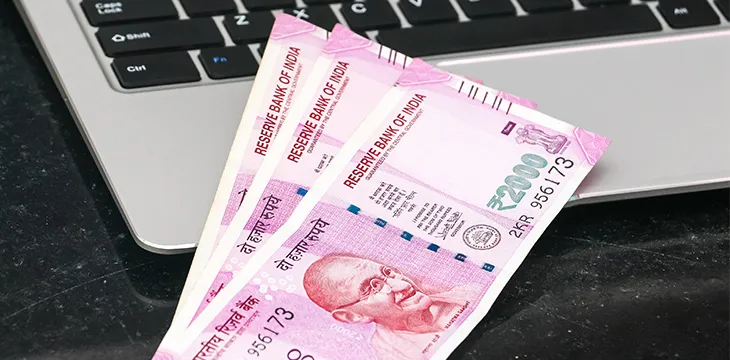|
Getting your Trinity Audio player ready...
|
More information has made its way to the surface regarding India’s alleged position on cryptocurrencies. In June, reports of a new crypto bill, “Banning of Cryptocurrency and Regulation of Official Digital Currencies,” surfaced that would completely ban digital currencies. At the time, the document that was presented for public review had not been confirmed as legitimate, but an update attempts to shed more light on the subject. India may ban crypto as illegitimate—except for a state-backed digital rupee.
The bill defines crypto as “any information or code or number or token not being part of any Official Digital Currency, generated through cryptographic means or otherwise, providing a digital representation of value.” The 18-page document also discusses the use of digital currency as a form of exchange, as a store of value or as a means of conduction financial and investment transactions.
It also states, “No person shall mine, generate, hold, sell, deal in, issue, transfer, dispose of or use Cryptocurrency in the territory of India.” That is, except for a digital rupee that could be offered by India’s Reserve Bank of India, an entity that has a long track record of trying to stop crypto expansion.
Whether or not the supposed bill becomes law will have to wait. Attorney Varun Sethi, who uploaded the document to Scribd, explains, “The bill is yet to be drafted completely and tabled in the parliament to become an Act with or without modifications.” That most likely won’t happen during the upcoming legislative session. A tweet by Nischal Shetty, the CEO of India’s Wazirx crypto exchange, explains that the “Monsoon session of Parliament will not discuss [the bill]” and that “[it] takes a long time for a bill to pass.”
The legitimacy of the document, and its stance on crypto, is being called into doubt because of comments made by India representatives during last month’s meeting of the G20. India’s Prime Minister, Narenda Modi, joined other world leaders in asserting, “We, the leaders of the G20, met in Osaka, Japan on 28-29 June 2019 to make united efforts to address major global economic challenges … We reaffirm our commitment to applying the recently amended FATF [Financial Action Task Force] standards to virtual assets and related providers for anti-money laundering and countering the financing of terrorism.”
If India were to adopt the FATF’s policies, it would effectively mean that the country is ready to adopt crypto regulations. Shetty stated in talks with bitcoin.com, “Implementing the FATF standards would mean that crypto gets a legal status in India. The biggest advantage is to the end customers as the crypto industry can once again offer banking services to the fiat on ramps.”
Ultimately, this means that India, like the U.S., is no closer to determining how to proceed with digital currencies. There is a lot of clarification that is needed by world leaders to allow the space to evolve properly and, even if a ban were attempted, it would be virtually impossible to enforce.

 07-09-2025
07-09-2025 





